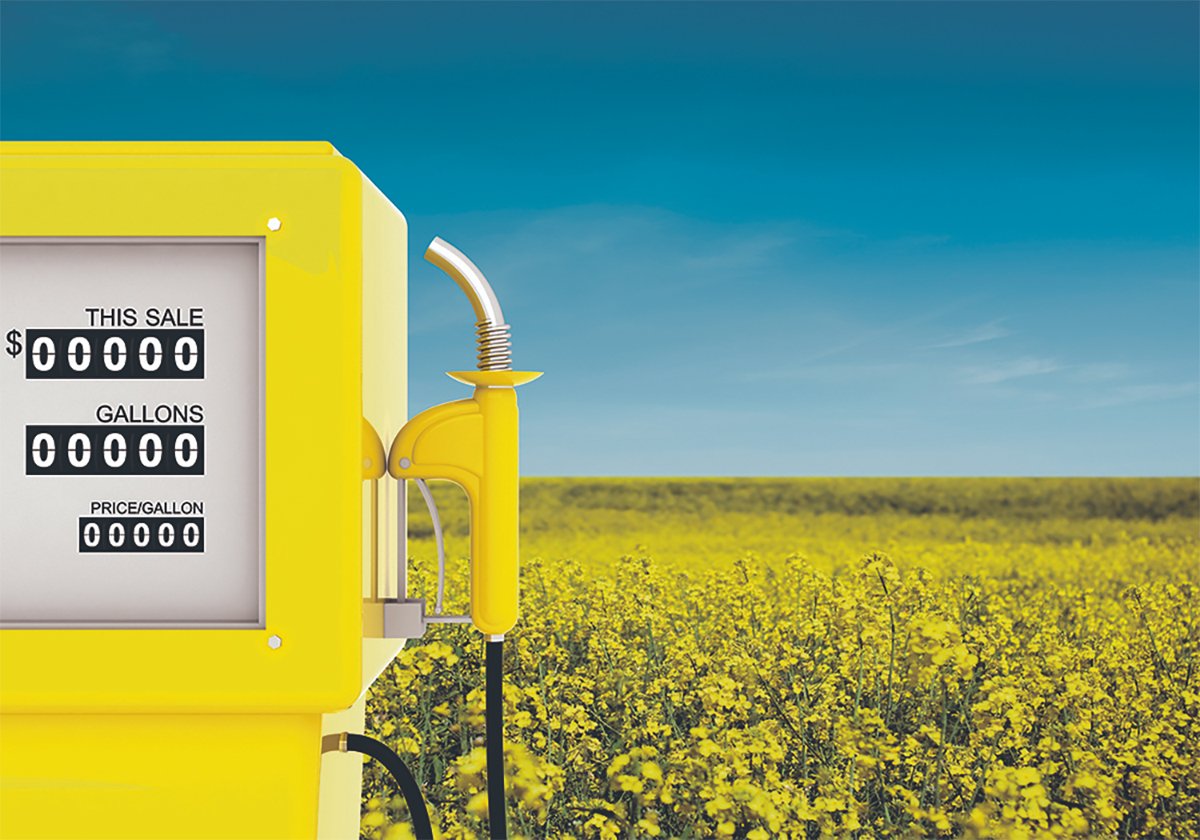VICTORIA, B.C. – The Ukrainians are coming.
That’s not an alarm that usually terrifies prairie farmers, but this year it should send a chill down canola growers’ backs says a European oilseeds expert.
“There is another competitor out there,” said Thorsten Tiedemann, European manager of soft seeds trading for AC Toepfer International, speaking at the Canola Council of Canada annual convention.
“The Ukraine will be participating much in the export market.”
The Black Sea region hasn’t threatened Canadian canola growers in recent years because of relatively small crops and few offshore sales. But with Europe expected to be self-sufficient this year, hundreds of thousands of tonnes of Ukrainian canola will spill onto the world market if there are no large weather problems before harvest.
Read Also

Biofuel sector happy with federal budget
Advanced Biofuels Canada says new Biofuel Production Incentive is a lifeline until CFR amendments are in place.
“We will have a significantly more exportable surplus of rapeseed. That rapeseed will compete against Canadian canola,” said Tiedemann, whose company has elevators and port facilities in Ukraine.
Bulgaria and Romania are also likely to be exporting canola through the Black Sea, Tiedemann said. Those exports will compete with Canadian and Australian canola in markets such as Pakistan and China.
Tiedemann said better weather isn’t the only reason that Ukrainian farmers are producing more canola. They react to market prices, leaping on valuable crops at seeding time and adding acres.
They also have access to much better canola varieties than they did in the past, similar to the high yielding hybrids Canadian producers have used in recent years.















